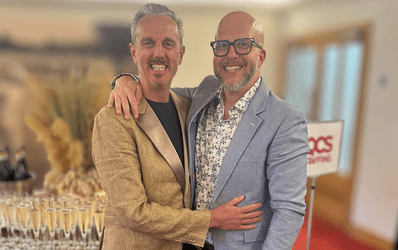
Life at QCS
2025: What a Year for QCS Staffing!

IT
Choosing the Right IT Recruitment Agency in 2026

Life at QCS
Celebrating 10 Years with Louie Gibbons

Career advice
What is a Rigger and How Do I Become One?

Life at QCS
Introducing Our New Website: A Smarter, Seamless Experience for Candidates and Clients

Industry insights
CapEx Hiring Lessons: How to Staff Biotech Start-Ups for Success in the US

Data Centres
Why Data Centres Are the Backbone of the Digital Economy
View all insights
